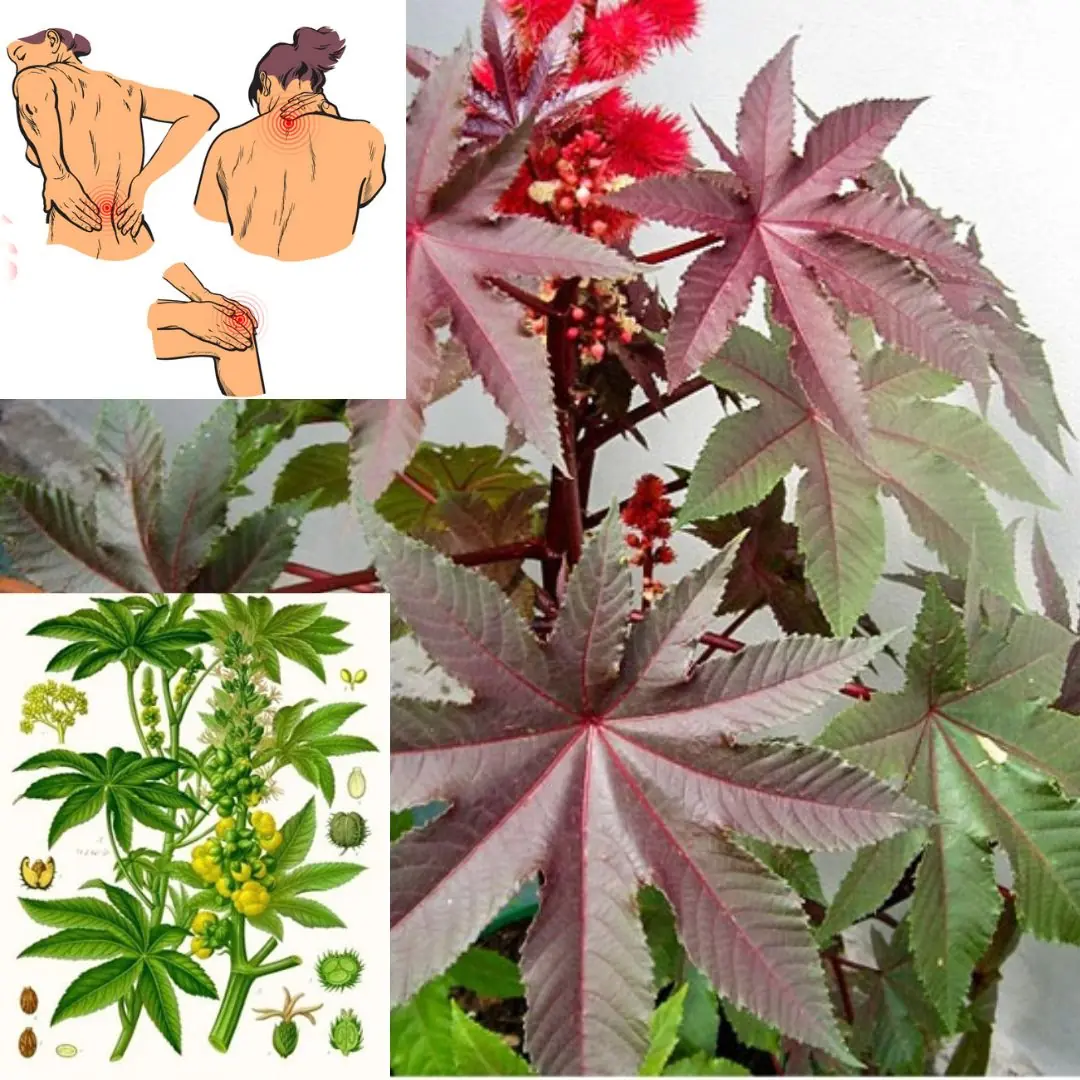
Why Smoking Weed at 30 Could Impact Your Future: What Science Says
Why Smoking Weed at 30 Could Impact Your Future: What Science Says

Cannabis, or marijuana, is one of the most widely used recreational substances around the world. Over the years, marijuana has become increasingly accepted in society, with more states in the U.S. and countries globally decriminalizing or legalizing its use. While it may seem harmless to many, especially in adulthood, smoking weed at 30 could have lasting effects on your health, mental well-being, and future. What does science say about the impact of marijuana use at this stage of life?
The Brain and Its Development
Although brain development continues into the early 20s, the brain is still evolving well into the 30s. Research has shown that the brain undergoes significant changes in areas responsible for memory, decision-making, and emotional regulation. Consuming marijuana regularly can impact these areas, potentially altering cognitive function in ways that are not immediately noticeable.
One of the key components in cannabis, THC (tetrahydrocannabinol), binds to receptors in the brain, particularly in regions responsible for memory and learning, such as the hippocampus. Chronic use of marijuana, even in your 30s, can lead to impaired cognitive function. Studies have shown that regular cannabis use can result in memory problems, slower processing speeds, and difficulty concentrating. These effects can become more noticeable over time and could have a negative impact on your professional life, educational pursuits, and personal goals.
Mental Health Implications
Mental health is another area that can be affected by regular marijuana use. In your 30s, many individuals are navigating complex life transitions—such as career progression, relationships, or parenthood—which can be stressful. While some people use marijuana to cope with stress, research suggests that it may worsen underlying mental health issues, particularly anxiety and depression.
A study published in the Journal of Clinical Psychiatry found that long-term marijuana use can lead to an increased risk of developing mental health disorders. Those who use cannabis regularly may be more prone to anxiety, paranoia, and depressive symptoms, especially when they are under stress. These effects may be exacerbated if marijuana is used as a coping mechanism rather than seeking proper treatment or professional support.
Moreover, marijuana use can impair emotional regulation and decision-making abilities, potentially affecting relationships or work-life balance. Emotional stability is crucial in your 30s, as it influences everything from job performance to maintaining healthy relationships.
Impact on Motivation and Productivity
Marijuana has long been linked to a decrease in motivation, often referred to as "amotivational syndrome." This term describes a lack of drive or initiative, which can lead to procrastination, poor performance at work, and general disengagement from personal and professional goals. While this effect is more commonly associated with younger marijuana users, it is not exclusive to any age group.
In your 30s, when career and personal goals are typically more defined, the risk of developing "amotivational syndrome" is more concerning. Chronic marijuana use can lead to difficulties in setting and achieving goals, affecting your long-term career trajectory or other personal accomplishments. A study published in Psychology of Addictive Behaviors found that regular cannabis use was linked to lower productivity in professional and academic settings.
The Long-Term Risks
The long-term effects of marijuana use, especially if started in your 30s, can be cumulative. One of the most concerning long-term risks is the potential for dependency. Although cannabis is often considered less addictive than other substances like alcohol or nicotine, it can still lead to dependence, especially if used frequently. According to the National Institute on Drug Abuse (NIDA), about 9% of people who try marijuana will develop a dependence, and this rate increases among those who start using it at a younger age or use it regularly.
Additionally, marijuana can affect physical health. Chronic marijuana use has been associated with respiratory issues such as chronic bronchitis, lung irritation, and coughing. Even though smoking marijuana may not carry the same risk as smoking tobacco, it can still have detrimental effects on lung function over time.

A Balancing Act: Moderation is Key
While regular marijuana use in your 30s can certainly have its drawbacks, moderation can mitigate some of these risks. Using cannabis infrequently, especially in social settings or as a form of relaxation, may not have the same cognitive or mental health impacts as daily use. If you're considering using marijuana, it’s essential to understand your body and mind's unique response to it and consider how it fits into your lifestyle.
Additionally, if you're using marijuana to alleviate stress or mental health symptoms, it may be more beneficial to explore alternative methods, such as therapy, exercise, or mindfulness practices, which don’t come with the long-term risks associated with substance use.
Conclusion
While smoking weed at 30 may seem harmless or even beneficial for relaxation, science suggests that regular marijuana use can have significant impacts on your future. The cognitive, emotional, and physical effects of cannabis could impair your decision-making abilities, mental health, and productivity. As you approach your 30s, it's essential to consider how marijuana use fits into your lifestyle, goals, and overall well-being. Moderation, along with a mindful approach to cannabis use, is key to preventing potential long-term consequences that could affect your future health and success.
News in the same category


Whiten Teeth With Carrot Ends Brings Surprising Benefits You’ll Love
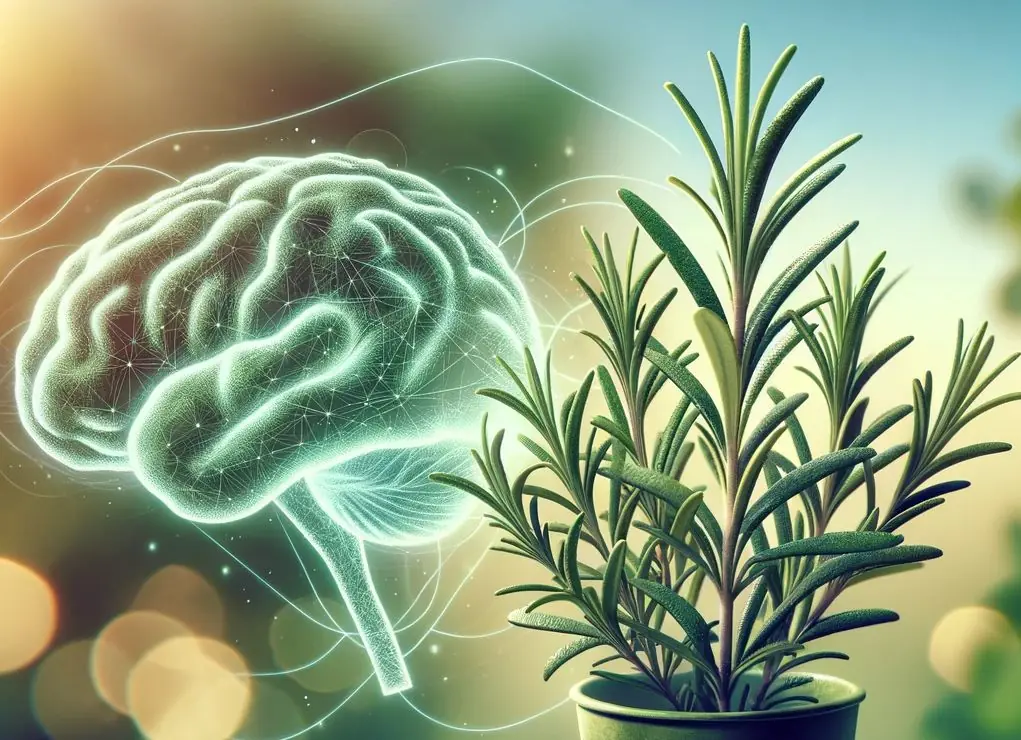
Rosemary contains a compound that can help fight Alzheimer's disease
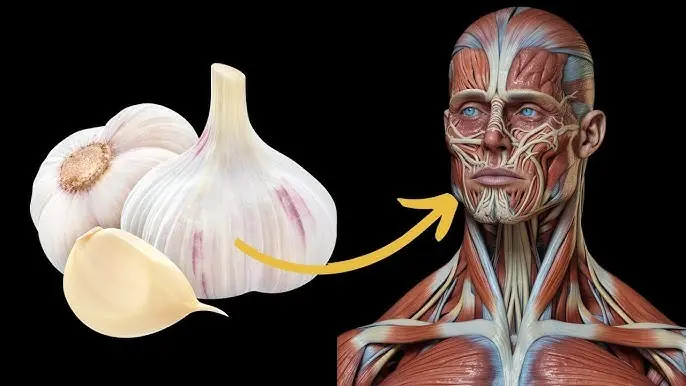
Raw Garlic Before Bed? Here’s What It Does to Your Body!
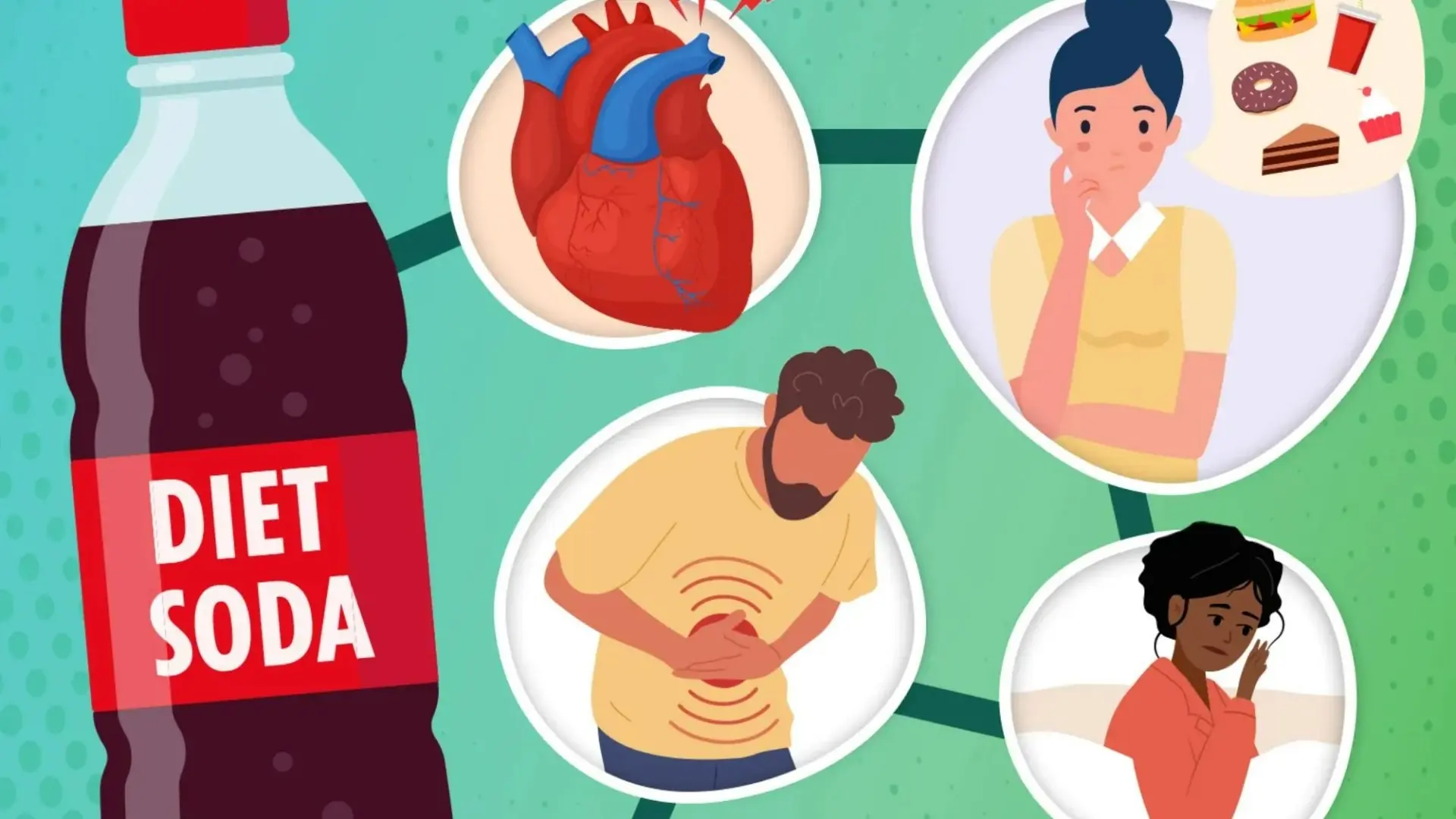
8 Detrimental Effects Soda Can Have On Your Body

20 Early Warning Signs of Cancer You Should Never Ignore

Why You Should Never Ever Kill A House Centipede If You Find One Inside Of Your Home

Top 14 Kinds of Fish You Should Never Eat

Frequent Nighttime Trips to the Bathroom Could Be an Indicator of Heart Failure, Research Suggests

Doctor warns: A common habit may double the risk of a heart attack

THIS DOUBLES Your Testosterone Naturally in 7 Days!

Euphorbia Hirta (Asthma-Plant): Ancient Remedies and Modern Applications for Health and Wellness

Doctor Warns Against This One Thing If You Wake Up at Night

Reasons You Could Have Numbness or Tingling Sensations in Your Hands

A Well-Known Shampoo Is Being Withdrawn Immediately Due To Bacteria That Can Kill One In Ten Patients

9 Reasons Why You Should Eat Okra Multiple Times a Week

What’s In Your Mouth Could Be Triggering Alzheimer’s, Scientists Say
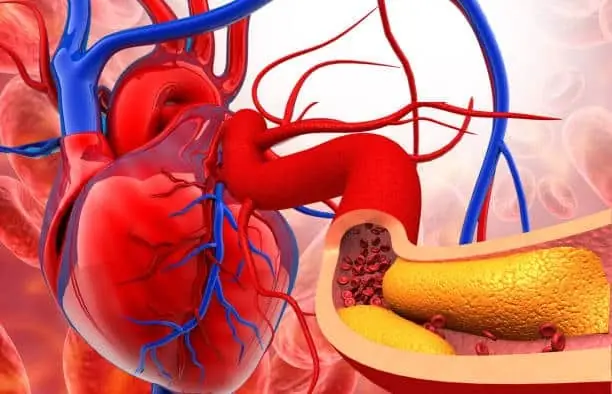
10 Signs You're Living With Clogged Arteries

Man with severe anger issues breaks down in tears after seeing what radiologist found in scans of his brain
News Post

Jabuticaba is rich in vitamin C, which helps boost the production of white blood cells

Goldenberries (*Physalis peruviana*): A Powerhouse Superfruit for Health, Vision, and Overall Wellness

My Daughter’s Wedding Dress Arrived All Black—And It Signaled A Deeper Betrayal

A Family Secret Almost Derailed My Wedding

Eight Years Shattered: My Husband Brought Home His Pregnant Lover And I Plotted Epic Revenge

We Adopted a 4-Year-Old Girl – A Month Later, She Came to Me and Said, ‘Mommy, Don’t Trust Daddy’

My Wheelchair Broke At Lowe’s—And The Workers Did Something I’ll Never Forget

15 Incredible Benefits of Castor Leaves for Men and Women Over 30

The Day My Sister Kicked Me Out and My Father’s Final Gift Unfolded

Whiten Teeth With Carrot Ends Brings Surprising Benefits You’ll Love

Kicking seats on a flight. Not cool

My Wife Disappeared 15 Years Ago After Going Out to Buy Diapers – I Saw Her Last Week and She Said, ‘You Have to Forgive Me’

Inside Anderson Cooper’s Converted Firehouse Home Where He Lives with Kids He Shares with His Ex

A few days before graduation, I lost my parents. Then a stranger walked in.

Rosemary contains a compound that can help fight Alzheimer's disease

Raw Garlic Before Bed? Here’s What It Does to Your Body!

8 Detrimental Effects Soda Can Have On Your Body

20 Early Warning Signs of Cancer You Should Never Ignore

A Poor Boy’s Life Changes After He Pulls an Old, Rusty Chain Sticking Out of the Sand on a Remote Beach
